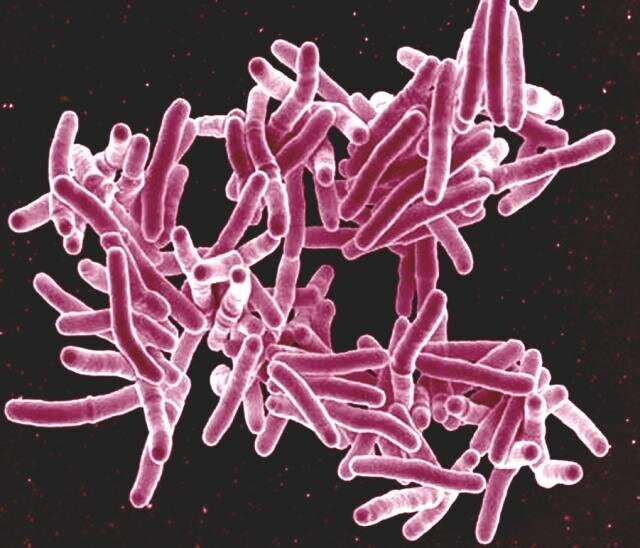Researchers Advocate for Official Recognition of Chagas Disease as Endemic in the U.S.

Researchers are calling for the U.S. to officially recognize Chagas disease as an endemic health threat due to ongoing transmission risks in multiple states, emphasizing the importance of awareness and early diagnosis.
A collaborative effort by researchers from Texas A&M University, the University of Florida, and the Texas Department of State Health Services emphasizes the urgent need for the United States to recognize Chagas disease as an endemic illness. In their joint perspective published in Emerging Infectious Diseases, the team presents mounting evidence suggesting that transmission of the disease’s causative parasite, Trypanosoma cruzi, occurs regularly within certain regions of the country.
Chagas disease, traditionally considered a tropical disease, is caused by triatomine bugs, or kissing bugs, which are confirmed in thirty-two U.S. states. Many of these bugs carry the parasite, with eight southern states having documented locally acquired human cases, Texas being the most affected. The researchers stress that the presence of infected vectors and animal reservoirs across various states underscores the importance of redefining Chagas as an endemic health concern.
The key issue identified by the experts is a widespread lack of awareness, both among the public and healthcare professionals, about the disease’s local transmission risks. Dr. Gabriel Hamer from Texas A&M highlights that recognizing Chagas as an endemic disease would enhance diagnosis rates, promote timely treatment, and improve surveillance efforts. Currently, the disease’s classification downplays its prevalence, leading to delayed diagnosis and chronic health complications.
The study points out the critical role animals and wildlife play in the disease’s ecology. Various wildlife species serve as parasite reservoirs and contribute to the dispersal of infected bugs into areas frequented by humans and dogs. This interconnected ecosystem complicates efforts for disease control but also emphasizes the importance of a "one health" approach that integrates human, animal, and environmental health.
Officials like Dr. Norman Beatty advocate that official classification as an endemic disease would facilitate targeted public health responses, increase community awareness, and drive policy changes. Early detection is vital, as untreated Chagas can cause severe and lasting damage, yet symptoms often remain unnoticed for decades.
The research underscores that the vectors, the parasite, and local cases are all present within U.S. borders, demanding an updated, science-based public health message. Recognizing Chagas disease as endemic would be a crucial step toward reducing its impact and protecting both human and animal health across affected regions.
For more detailed insights, see the original article in Emerging Infectious Diseases (DOI: 10.3201/eid3109.241700).
Stay Updated with Mia's Feed
Get the latest health & wellness insights delivered straight to your inbox.
Related Articles
Promising New Drug Alternatives for Less Toxic Tuberculosis Treatment Unveiled in Clinical Trials
New clinical trials reveal that sutezolid and delpazolid offer effective and safer alternatives to high-toxicity tuberculosis medications, paving the way for improved treatment options.
Impact of Smoking and Biological Sex on Healthy Bladder Tissue and Cancer Risk
New research reveals how smoking and biological sex influence healthy bladder tissue evolution, uncovering early markers of bladder cancer risk and opening pathways for improved prevention and early detection.
Endometriosis and Childhood Adversity: Understanding the Connection
Emerging research links childhood adversity to an increased risk of developing endometriosis later in life. This study highlights the importance of supporting healthy childhood environments to improve long-term women's health outcomes.
Study Finds Mixed Results in AI Chatbots' Medical Advice Accuracy
A new study evaluates the accuracy of medical advice provided by AI chatbots, highlighting their current limitations and emphasizing the need for trusted healthcare sources.



